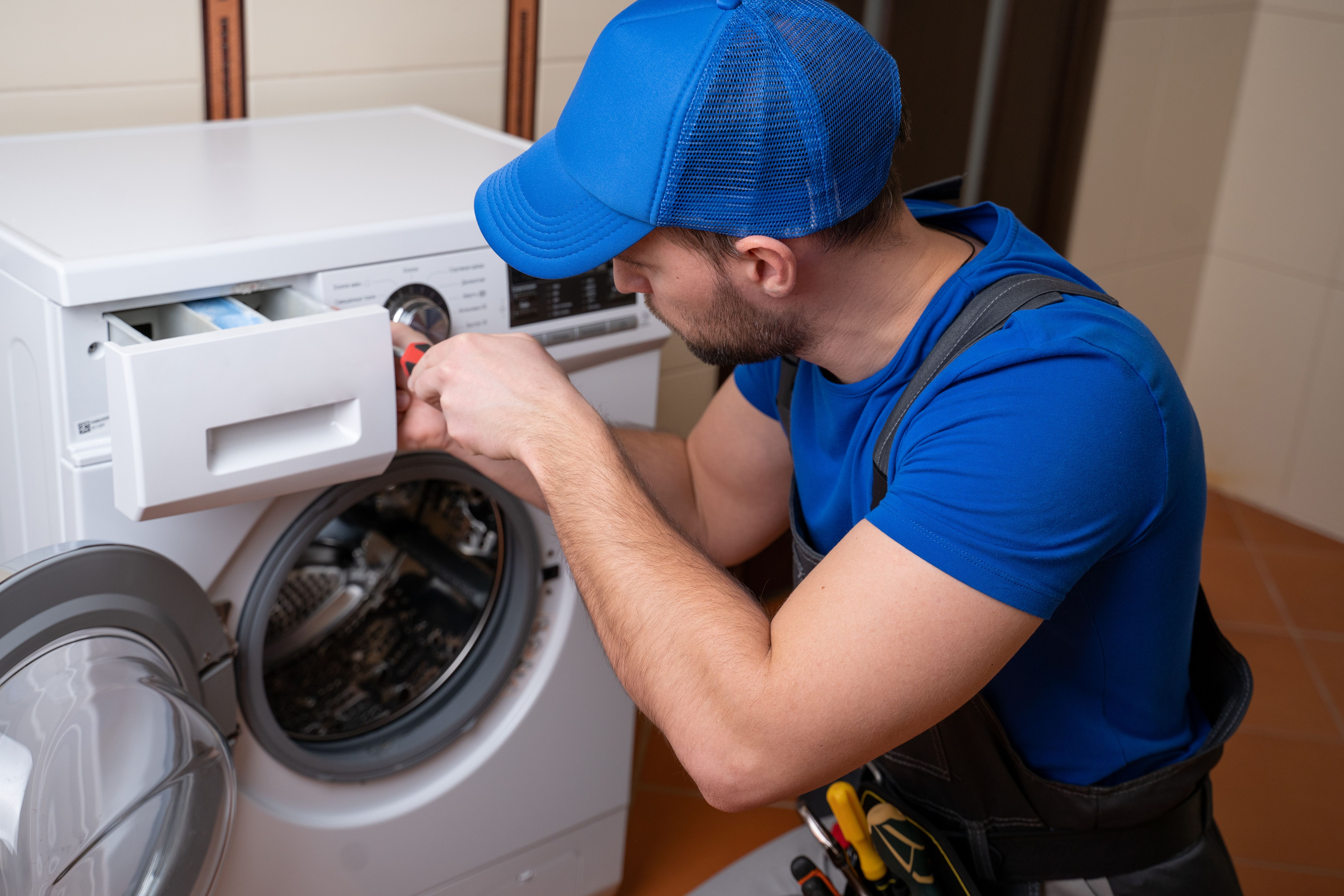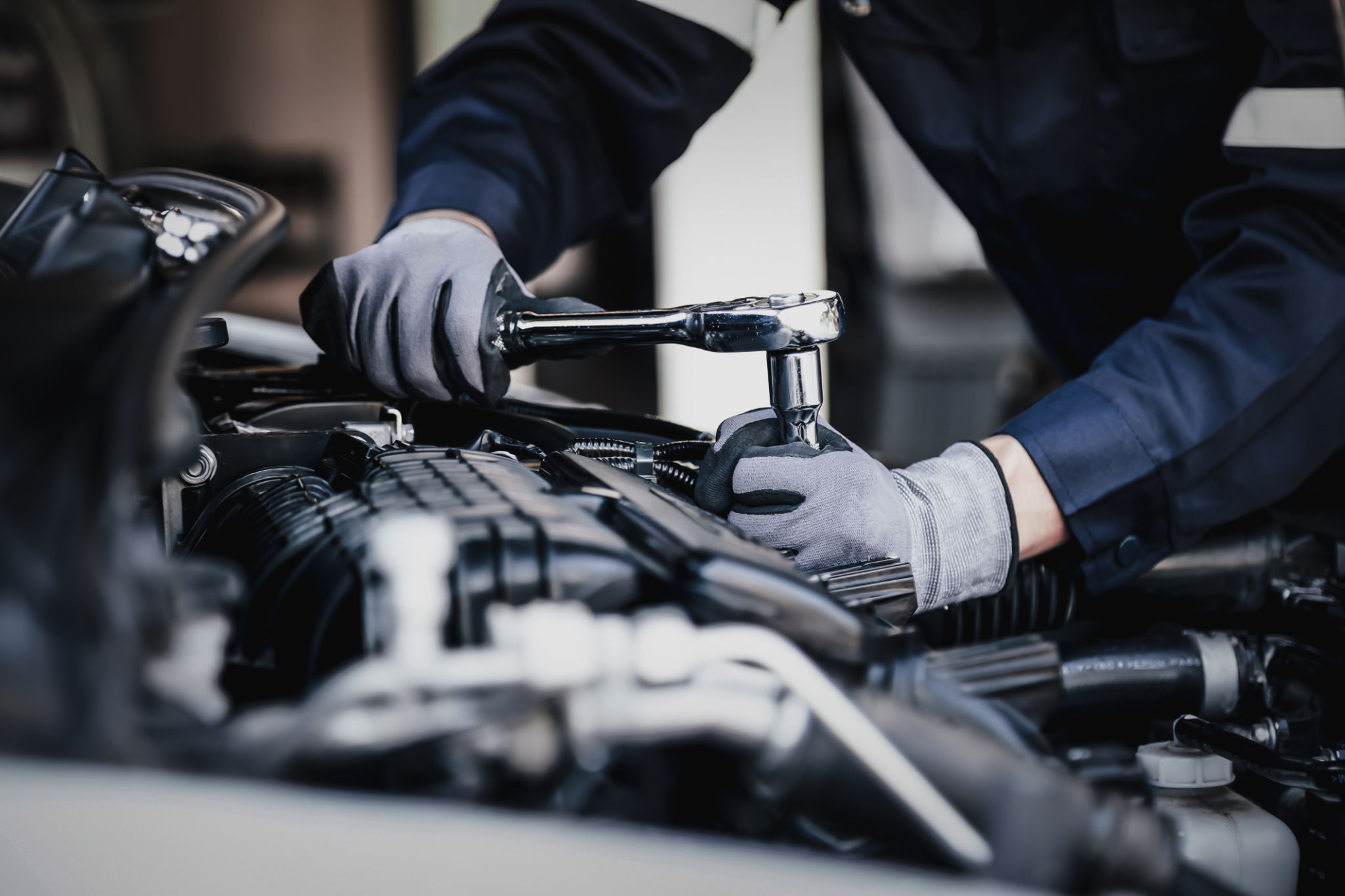DIY Appliance Repair: When to Call a Professional
Understanding Your Appliance
DIY appliance repair can be a rewarding and cost-effective option for many homeowners. Understanding your appliance is the first step to successful repairs. Before diving into any project, make sure you have thoroughly read the user manual. This document is your best friend when it comes to knowing how your appliance should function and how to troubleshoot common problems.
It's essential to identify the issue correctly. Sometimes, what seems like a major problem might just be a minor glitch. For instance, a refrigerator not cooling could be due to simple issues like a blocked vent or a dirty condenser coil. Always start by checking these basic elements before considering a more complex repair.

Tools You Might Need
Having the right tools at hand can make your DIY repair experience smoother and more efficient. Basic tools like screwdrivers, pliers, and wrenches are often sufficient for minor repairs. Additionally, having a multimeter can help you test electrical components safely.
When it comes to specific appliances, specialized tools might be necessary. For instance, a dishwasher might require a Torx screwdriver, while an oven repair might necessitate a nut driver. Knowing which tools are needed beforehand can save you time and frustration.

Safety Precautions
Safety should always be your top priority when performing DIY repairs. Before beginning any work, ensure that the appliance is unplugged or disconnected from its power source to prevent electrical shocks. Additionally, wear appropriate safety gear, such as gloves and safety glasses, to protect yourself from sharp edges and debris.
When DIY Isn't Enough
While DIY repairs can save money, there are times when calling a professional is the best course of action. If you encounter issues involving complex electrical components or gas lines, it's crucial to seek expert help. Mishandling these elements can lead to severe damage or even pose a safety risk.
Furthermore, if an appliance requires specialized parts that are difficult to obtain or install, a professional technician will have the expertise and resources needed to complete the repair safely and efficiently.

Evaluating the Cost
Consider the cost of repair versus replacement when deciding whether to tackle a repair yourself. If an appliance is older and the cost of parts and labor approaches or exceeds the price of a new unit, it might be more economical to invest in a replacement.
Additionally, some manufacturers offer warranties that cover specific repairs. Check if your appliance is still under warranty before proceeding with any DIY attempts, as unauthorized repairs could void coverage.
Finding the Right Professional Help
If you've determined that professional assistance is necessary, finding a reliable technician is crucial. Start by researching local repair services and reading customer reviews. It’s wise to choose a service with certified technicians and good customer feedback.
Ensure that the professional you hire provides a clear estimate of costs before proceeding with any repair work. A reputable technician will also explain the issue and offer solutions, allowing you to make an informed decision about the repair process.

Conclusion
In conclusion, while DIY appliance repair can be a fulfilling project, knowing when to call in the professionals is key to ensuring safety and efficiency. By understanding your appliance, having the right tools, and recognizing the limits of your expertise, you can make sound decisions regarding appliance maintenance and repair.
Remember, maintaining your appliances with regular cleaning and inspections can prevent many issues from arising in the first place, saving both time and money in the long run.